Politics
Decisions taken by the Governing Council of the ECB (in addition to decisions setting interest rates)
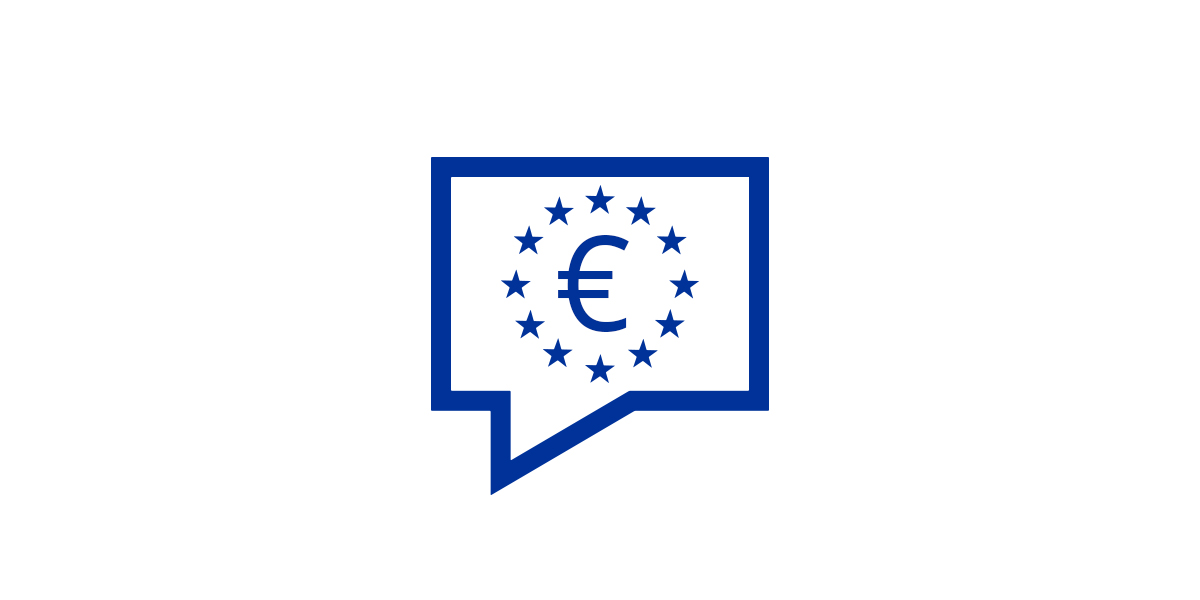
February 2025
21 February 2025
Market operations
Extension of liquidity lines until January 2027
On 23 January 2025 the Governing Council approved the extension of the ECB repo lines with eight non-euro area central banks (Magyar Nemzeti Bank, Banca Națională a României, Bank of Albania, Andorran Financial Authority, National Bank of the Republic of North Macedonia, Central Bank of the Republic of San Marino, Central Bank of Montenegro and Central Bank of the Republic of Kosovo) until 31 January 2027. The decision was taken pursuant to the new framework for euro liquidity lines, which was adopted in 2023.
Eurosystem climate stress test report
On 13 February 2025 the Governing Council took note of the main findings of the 2024 climate stress test on the Eurosystem’s balance sheet, which will feed into the Eurosystem’s climate-related financial disclosures.
Market infrastructure and payments
Inclusion of provisions on the TARGET Analytical Environment in the T2 Currency Participation Agreement
On 13 February 2025 the Governing Council approved the amendments to the agreement on the use of T2 services (T2 Currency Participation Agreement) to include the TARGET Analytical Environment as a standard feature offered to both current and future signatories of the T2 Currency Participation Agreement.
Advice on legislation
ECB Opinion on flood insurance
On 4 February 2025 the Governing Council adopted Opinion CON/2025/3 at the request of the Chair of the Oireachtas (Irish National Parliament) Joint Committee on Finance, Public Expenditure and Reform and Taoiseach (Irish Prime Minister).
ECB Opinion on indirect participants in, and access to, payment systems, and a new exemption from the cash rule
On 5 February 2025 the Governing Council adopted Opinion CON/2025/4 at the request of the Danish Financial Supervisory Authority.
Corporate governance
ECB’s Annual Accounts for 2024
On 19 February 2025 the Governing Council approved the audited financial statements of the ECB for the financial year 2024. The annual accounts, together with a press release, are available on the ECB’s website.
ECB Recommendation on the external auditors of the European Central Bank for the financial years 2025 to 2029
On 12 February 2025 the Governing Council adopted Recommendation ECB/2025/6 to the Council of the European Union on the external auditors of the European Central Bank.
Statistics
Extension of the Integrated Reporting Framework and the Common Data Management investigation phases
On 17 February 2025 the Governing Council approved the revised Quality Review Gate 1 documentation (including the Financial Envelopes and Project Charters), extending until the end of September 2025 the investigation phases of the ESCB and SSM Common Data Management and the ESCB Integrated Reporting Framework projects.
Banknotes and coins
Composition of the design contest jury for the new euro banknotes
On 6 February 2025 the Governing Council took note of the composition of the design contest jury for the new euro banknotes. The jury will prepare a shortlist of designs to support the selection of the final design of the future euro banknotes by the Governing Council and is scheduled to start work in early 2025.
ECB Banking Supervision
Update of the 2025 Supervisory Examination Programme (SEP) for on-site inspections and internal model investigations at significant institutions
On 30 January 2025 the Governing Council did not object to a proposal by the Supervisory Board for an update of the 2025 SEP for on-site inspections and internal model investigations at significant institutions and outsourcing service providers. The on-site SEP is based on SSM supervisory priorities for 2025-2027 published on the ECB’s banking supervision website.
Politics
Colombia: Joint Press Release on negotiations on a Partnership and Cooperation Agreement
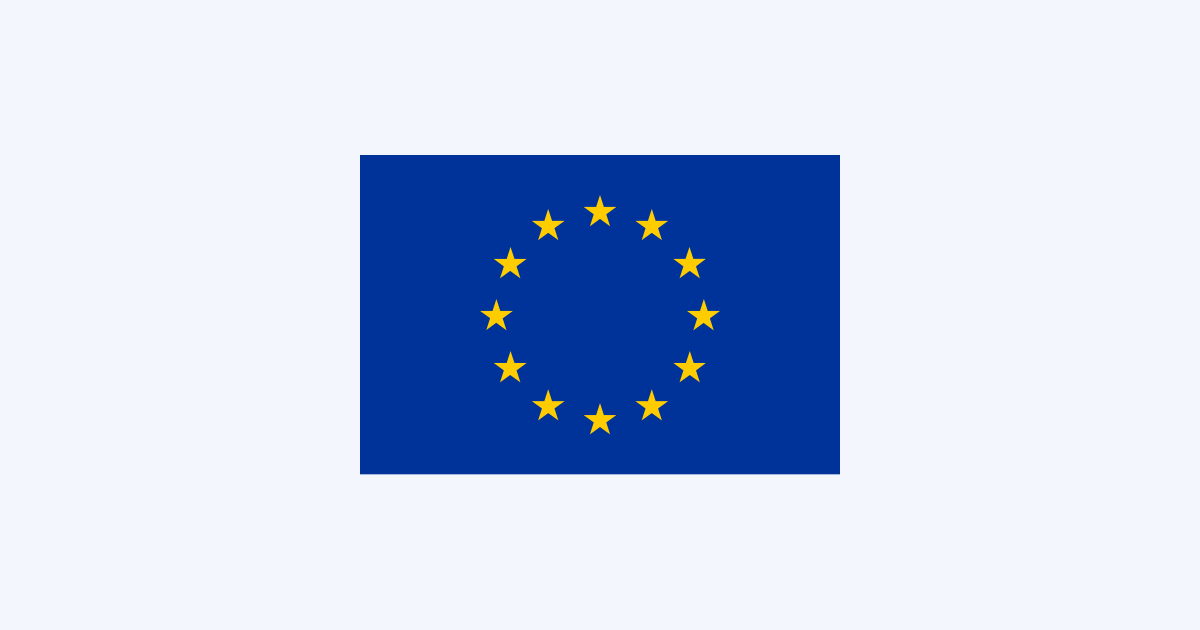
DISCLAIMER OPINIONS: The opinions of the authors or reproduced in the articles are the ones of those stating them and it is their own responsibility. Should you find any incorrections you can always contact the newsdesk to seek a correction or right of replay.
DISCLAIMER TRANSLATIONS: All articles in this site are published in English. The translated versions are done through an automated process known as neural translations. If in doubt, always refer to the original article. Thank you for understanding.
DISCLAIMER PHOTOS: We mostly used photos images that are readily available online, from free sources, or from the people promoting the news. If by any chance it happens that we have used one of your copyrighted photos, please do not hesitate to contact us and we will take it down without question. We do not make profits as this is a not for profit project to give voice to the voiceless while giving them a platform to be informed also of general news, and it is completely free.
Politics
Trade: Coreper endorses the Council’s negotiating position on FDI screening revision
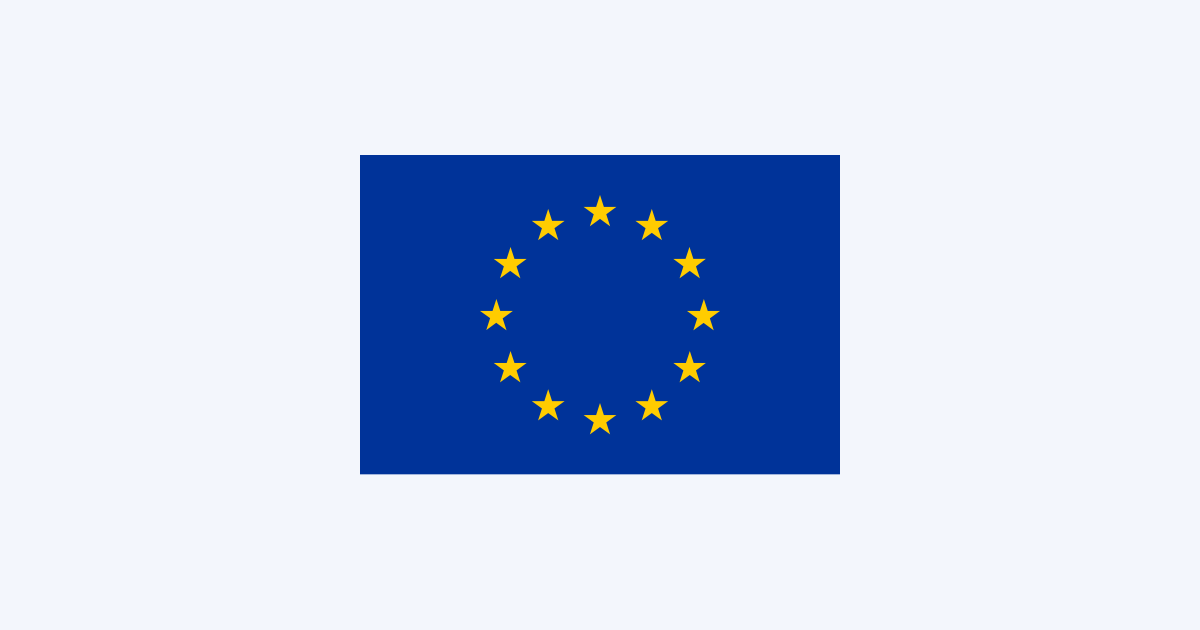
DISCLAIMER OPINIONS: The opinions of the authors or reproduced in the articles are the ones of those stating them and it is their own responsibility. Should you find any incorrections you can always contact the newsdesk to seek a correction or right of replay.
DISCLAIMER TRANSLATIONS: All articles in this site are published in English. The translated versions are done through an automated process known as neural translations. If in doubt, always refer to the original article. Thank you for understanding.
DISCLAIMER PHOTOS: We mostly used photos images that are readily available online, from free sources, or from the people promoting the news. If by any chance it happens that we have used one of your copyrighted photos, please do not hesitate to contact us and we will take it down without question. We do not make profits as this is a not for profit project to give voice to the voiceless while giving them a platform to be informed also of general news, and it is completely free.
Politics
Steal, Deal, Repeat: Cybercriminals cash in on your data
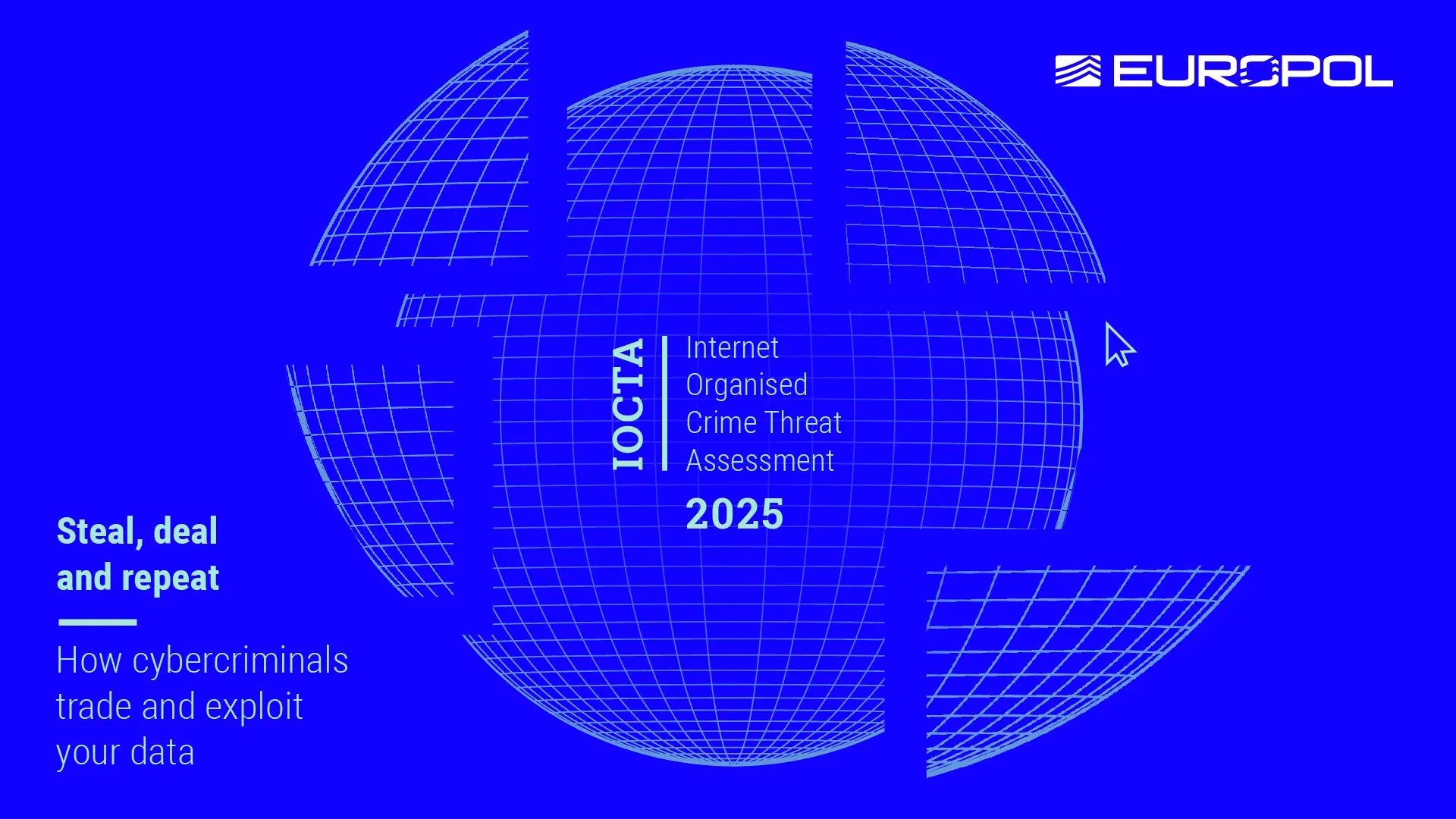
In its newly released 2025 Internet Organised Crime Threat Assessment (IOCTA) , Europol has issued a chilling warning: the digital underworld is no longer just about hacking into systems—it’s about profiting from stolen data. This underground economy, fueled by compromised identities, credentials, and sensitive information, powers everything from ransomware attacks to child exploitation, forming a sprawling criminal ecosystem that transcends borders and technologies.
The report, published today, underscores how cybercriminals have shifted their focus from isolated breaches to building a robust marketplace where stolen data is not merely an end goal—but a currency.
A Hidden Economy Built on Access
At the heart of this criminal enterprise lies access—access to corporate networks, personal devices, and individual identities. The IOCTA 2025 paints a stark picture of a world where nearly every aspect of our digital lives is under siege. From phishing campaigns to AI-generated deepfakes, cybercriminals are deploying increasingly sophisticated tools to infiltrate systems and harvest valuable data.
According to Edvardas Šileris, Head of Europol’s European Cybercrime Centre (EC3), “You can’t defend what you don’t understand.” He added that the latest assessment provides critical insights into the hidden mechanisms of cybercrime, equipping law enforcement, policymakers, and private sector stakeholders with the intelligence they need to respond effectively.
Generative AI Supercharges Social Engineering
One of the most alarming trends outlined in the report is the use of generative artificial intelligence , including large language models (LLMs), to enhance social engineering attacks. Criminals are now capable of crafting highly personalized scam messages tailored to victims’ cultural contexts, languages, and even personal habits. These AI-driven tactics allow fraudsters to mimic trusted entities—from bank representatives to government officials—with unnerving accuracy.
This evolution is particularly devastating in the realm of child sexual exploitation , where offenders are leveraging AI to automate grooming processes and increase the emotional manipulation of young victims. The report warns that these tools enable predators to scale their operations, making detection and prevention more challenging than ever before.
Data as Commodity: Crime-as-a-Service Thrives
Cybercrime has become accessible to virtually anyone willing to pay. The rise of Crime-as-a-Service (CaaS) platforms means that even those without technical expertise can purchase stolen data, rent out botnets, or follow step-by-step guides to execute complex fraud schemes. Marketplaces operating on dark web forums, encrypted messaging apps, and subscription-based services offer bulk sales of login credentials, compromised corporate systems, and even remote access to hacked infrastructure.
“Data is no longer just the target—it’s a commodity,” the report states. Every breach, leak, or phishing success feeds into a cycle where data is harvested, repackaged, and resold across layers of the criminal supply chain.
Extortion, Identity Theft, and Exploitation
Beyond financial fraud, stolen data is being weaponized for extortion, identity theft, and abuse , often targeting the most vulnerable members of society. Ransomware groups continue to exploit known software vulnerabilities and manipulate human behavior through psychological pressure and fear-based tactics. One emerging technique involves mimicking common error messages and CAPTCHA boxes—a tactic dubbed “ClickFix”—to trick users into installing malware themselves.
Meanwhile, the growing reliance on end-to-end encryption (E2EE) poses a significant challenge for law enforcement. While essential for protecting user privacy, E2EE apps like WhatsApp, Signal, and Telegram are increasingly abused by criminals to coordinate illegal activity, exchange stolen data, and evade surveillance. Europol notes that encrypted communications are now a primary channel for organizing cybercrime, with investigators facing near-total opacity into these operations.
Recommendations: A Call for Coordinated Action
To combat these evolving threats, Europol calls for a coordinated response at the EU level. Key recommendations include:
- Lawful access solutions for encrypted communications that balance security and privacy concerns.
- Harmonized data retention rules across member states to ensure consistent collection and availability of digital evidence.
- Digital literacy initiatives , especially targeted at children and teenagers, to help them recognize and resist online manipulation.
The report emphasizes that while technology evolves rapidly, many of the vulnerabilities exploited by cybercriminals are long-standing. Human factors—such as poor password hygiene, unpatched software, and susceptibility to social engineering—remain central to many successful attacks.
Behind the Report: Operational Insights from the Frontlines
The IOCTA 2025 draws on thousands of investigations supported by Europol annually, particularly through its European Cybercrime Centre (EC3) and Economic and Financial Crime Centre (EFECC) . Contributions from national police forces and private sector partners provide a comprehensive view of the current threat landscape.
It builds upon the broader EU Serious and Organised Crime Threat Assessment (SOCTA) , reinforcing the message that in today’s digital age, data is power—and everyone’s data is at risk.
Final Thoughts: A Race Against Time
As cybercriminals grow more organized, technologically advanced, and profit-driven, the stakes for cybersecurity have never been higher. The IOCTA 2025 serves not only as a diagnostic tool but also as a rallying cry for unity among governments, tech companies, educators, and citizens.
In the words of Šileris: “We must move faster than the threat. Understanding it is the first step.”
And as this report makes clear, the time to act is now.
Europol’s 2025 Internet Organised Crime Threat Assessment (IOCTA), published today, reveals how stolen data fuels the digital underworld, powering a criminal ecosystem that spans from online fraud and ransomware to child exploitation and extortion. The report paints a stark picture of a cybercrime economy built on access—access to your systems, your identity, and your most sensitive information.The Head of Europol’s…
Source link
-

 Sports7 days ago
Sports7 days agoMarc Marquez wants to make no more mistakes and heralds news
-
Travel6 days ago
Norway to introduce tourist tax amid record visitor numbers and overtourism concerns
-

 Politics5 days ago
Politics5 days agoGalician healthcare system receives nearly €510 million in EU support for its modernisation
-
Travel7 days ago
Wildfire warnings issued in the Canary Islands as millions prepare to holiday there
-

 Politics5 days ago
Politics5 days agoNew plan will help EU countries tackle cyber-attacks better
-
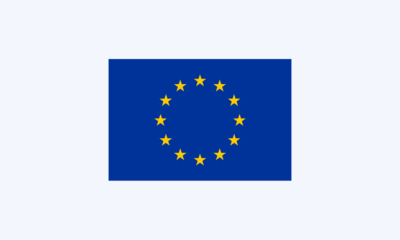
 Politics4 days ago
Politics4 days agoEl Salvador: Statement by the Spokesperson on the Foreign Agents Law and recent developments
-

 Sports7 days ago
Sports7 days agoMarc Marquez no longer wants to make mistakes and heralds change
-

 EU & the World5 days ago
EU & the World5 days agoNovak Djokovic’s Wife: All About His Romance With Jelena Djokovic









